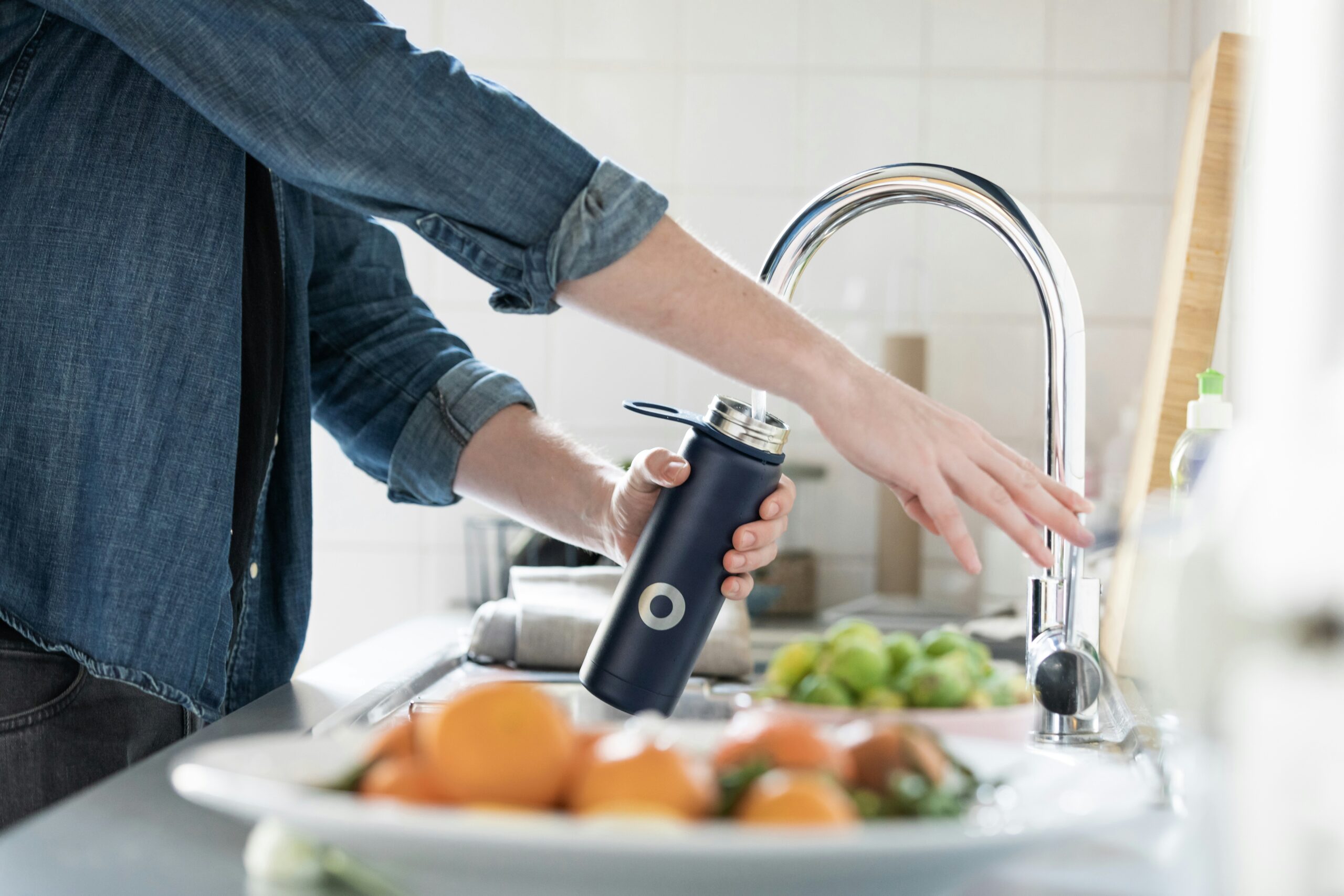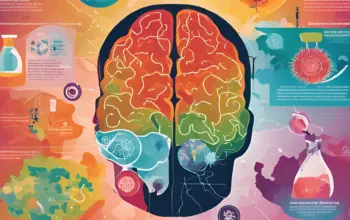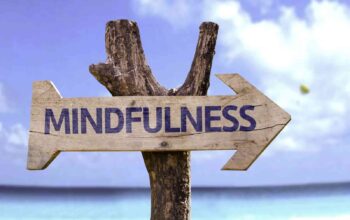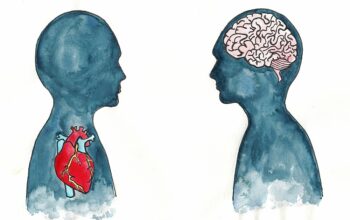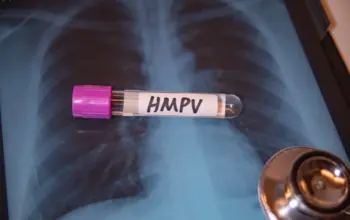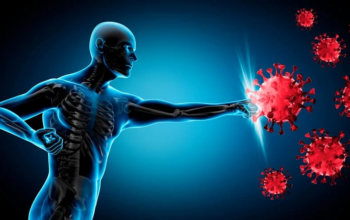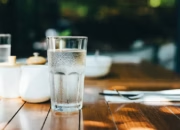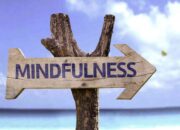Uzone.id — Well, if we can go back to the book of our body, the average human body is more than 60% water. Water makes up almost two-thirds of your brain and heart, 83% of your lungs, 64% of your skin, and even 31% of your bones.
And if you’re asking how important water for your body is, the answer is it is very important. Because water is involved in almost every process that keeps you alive.
“It helps regulate your temperature, transports nutrients, removes waste, lubricates your joints and tissues, and it also plays a crucial role in maintaining the delicate balance of electrolytes and fluids in your body,” said Crystal Scott, registered dietitian-nutritionist with Top Nutrition Coaching, quoted from Fortune.
While staying hydrated is an important factor for your health, the amount of water you need can depend on a lot of factors, like your activity level, the weather, and even the food you eat. So, how about the 8 glasses of water theory, or is there more? Let’s find out.
The Myth of ‘8 Glasses a Day’ Theory
The “8 glasses a day” rule originated from a 1945 recommendation by the National Research Council. However, this guideline was later revised, recognizing that individual hydration needs vary based on factors like climate, activity level, and overall health.
The 8×8 rule or drinking eight eight-ounce cups of water a day is common, because if you’re achieving that, then you’re doing well
“The 8-glasses-a-day rule is a general guideline, but it doesn’t account for everyone’s unique circumstances,” said Dr. Barbara Caballero, a registered dietitian and professor of nutrition.
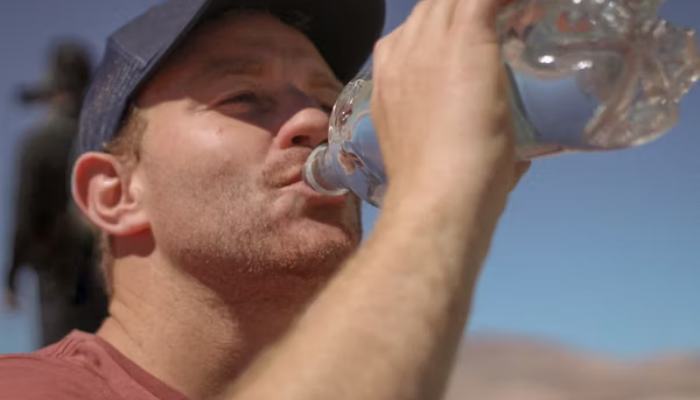
According to Scott, this ‘8 Glasses a Day’ Theory isn’t wrong but based on research, water recommendations are going to vary depending on age, sex, and activity level.
For example, if you live in a hot and humid climate, get a lot of physical activity, are pregnant, or are breastfeeding, you may need more water daily than the average adult.
What happens when you don’t drink enough and drink too much water?
Your body will notice when you don’t drink enough water. Scott said that your urine color speaks about whether you drink enough water or not.
“Urine color is a great indicator of hydration status. If your toilet water is pale yellow or clear after you pee, you’re golden. Dark yellow or amber-colored urine are signs your body needs fluids,” said Scott.
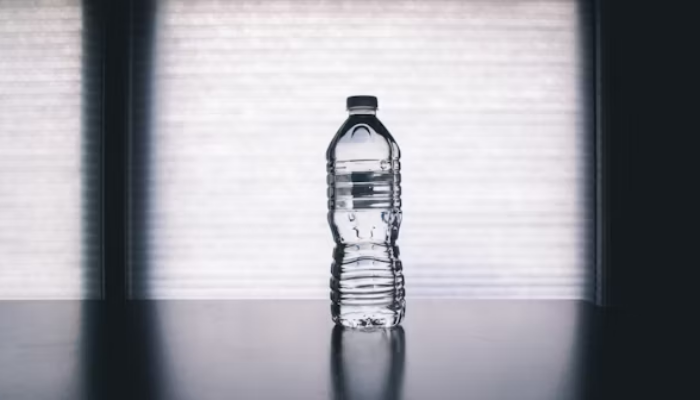
Other symptoms of dehydration are headaches, migraines, bad sleep, constipation, dizziness, and feeling lightheaded or confused. When in doubt, head to the spout.
Your body also will tell if you drink too much water. It’s called hyponatremia, this happens when the amount of water in your system overwhelms your kidneys and they can’t keep up with a normal filtration rate.
“Certain health conditions such as kidney failure and congestive heart failure put you at higher risk of it, and some high-level athletes may experience it if they don’t replace their electrolytes after exercising,” Scott added.
So, how do you know how much water is right for you? Let’s break it down with easy rules to help you stay healthy and hydrated!
Listen to your body. When you’re thirsty, drink!
One of the easiest ways to know if you’re drinking enough water is to simply listen to your body. When you’re thirsty, that’s your body telling you it needs more water. Then, go drink water.
According to Dr. Stanley Goldfarb, a nephrologist at the University of Pennsylvania, “Thirst is a reliable indicator that your body needs more fluids.”
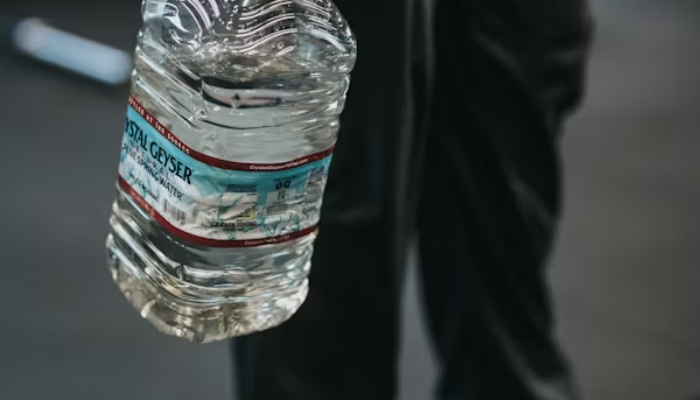
Feeling thirsty is your body’s natural way of reminding you to drink, but don’t wait until you’re parched to sip water. Keep a water bottle with you, and take sips throughout the day, especially when you’re active or it’s hot outside.
Water isn’t the only way to stay hydrated.
You don’t have to only drink water to stay hydrated. Many foods and drinks contribute to your daily water intake. Fruits like watermelon, oranges, and strawberries are packed with water, and even soups, smoothies, and teas help keep you hydrated.
“Beyond being loaded with immune-boosting vitamin C and plant compounds, refreshing pink watermelon is often considered to be one of the most hydrating fruits, containing up to 91% water,” USDA FoodData Central reported.
Strawberries are also the most hydrating berry with up to 91% water content, followed closely by blackberries at 88%. Other fruits are grapefruit with up to 91% total water content, and oranges contain 87% water.
“About 20-30% of your daily water intake comes from the foods you eat,” says dietitian Samantha Cassetty. So, if you’re eating a healthy diet that includes plenty of fruits and veggies, you’re already getting a hydration boost without having to chug more water.
Check the color of your pee.
Yes again, your body will tell you whether you’re drinking enough water or not. Checking your pee’s color is one of the best ways to check if you’re hydrated is to look at the color of your pee.
If your urine is a pale yellow, like lemonade, you’re probably drinking enough water. If it’s dark yellow or amber, that’s a sign you need to drink more.
On the flip side, if your urine is completely clear, it might mean you’re drinking too much water. Which can lead to a condition called hyponatremia. So, aim for that light yellow color, and you’ll be good to go.
Bonus Tip: Customize your hydration
There’s no one-size-fits-all rule for how much water to drink because everyone’s needs are different. If you’re unsure about how much water is right for you, consider factors like your body size, activity level, and even the climate you live in.
If you’re in a hot and humid area, you’ll need to up your water intake to stay hydrated. If you’re mostly indoors or not very active, you might not need as much.
Remember, water is essential for everything your body does, from keeping your skin glowing to helping with digestion. So, keep sipping, eat those hydrating foods, and stay cool, healthy, and hydrated!

